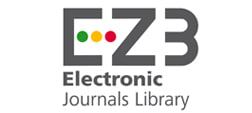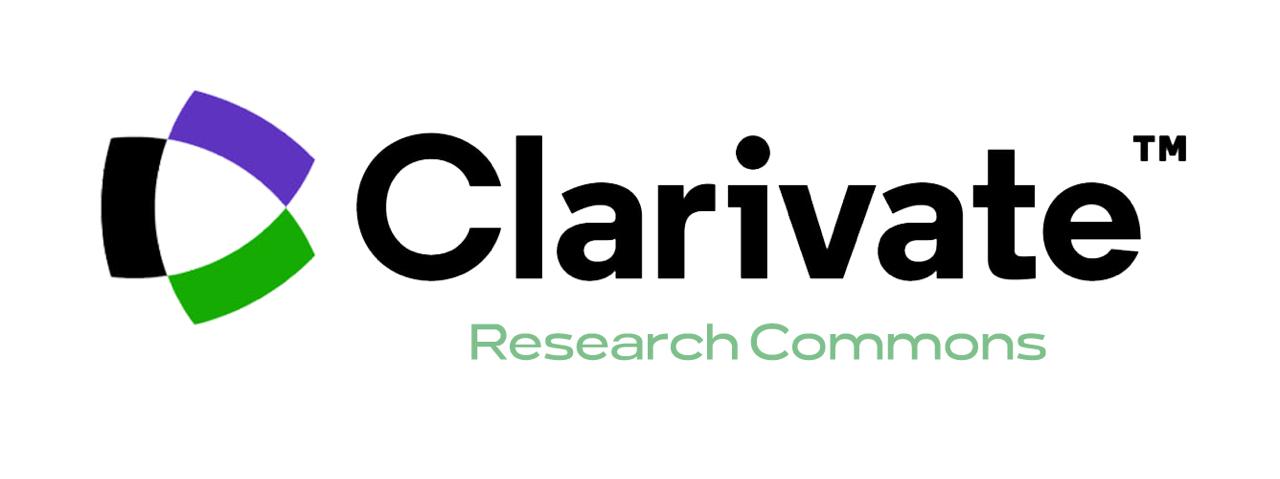Abstract
Neonates have an immature immune system, making them highly susceptible to infections. Treatment failure in newborns may result from antibiotic resistance, a significant challenge in the management of infectious illnesses worldwide. So the main objective of this research was to develop a newborn-specific antibiogram at the University of Science and Technology hospital (USTH) in Sana’a, Yemen. A retrospective analysis was conducted using microbiological data from the USTH database during the period from January 2021 to March 2022, antibiogram was generated and analyzed using the WHONET application. Gram-positive bacteria were the most frequently isolated pathogens in neonates, followed by gram-negative bacteria. The most frequently isolated gram-positive bacteria were Streptococcus spp. and coagulase-negative staphylococci, while the most frequently isolated gram-negative bacteria were Burkholderia cepacia and Klebsiella spp. The most sensitive antibiotics for gram-positive bacteria were vancomycin and linezolid, whereas carbapenem, colistin, and polymyxin B were the most sensitive antibiotics for gram-negative bacteria. High levels of resistance were noted across both bacterial groups, emphasizing the urgent need for updated local antibiograms to guide empirical therapy. These findings can directly inform antibiotic stewardship efforts and contribute to the development of evidence-based neonatal care guidelines in resource-limited settings like Yemen.
Recommended Citation
Kubas, Mohammed A.; Rassam, Massoud K.; and Alsayani, Amaal A.
(2025),
Antibiogram Development for Neonatal Intensive Care Unit in a Referral Hospital in Sana'a City, Yemen,
AUIQ Complementary Biological System: Vol. 2:
Iss.
2, 103-108.
DOI: https://doi.org/10.70176/3007-973X.1037
Available at:
https://acbs.alayen.edu.iq/journal/vol2/iss2/8
Digital Object Identifier (DOI)
10.70176/3007-973X.1037




















Follow us: